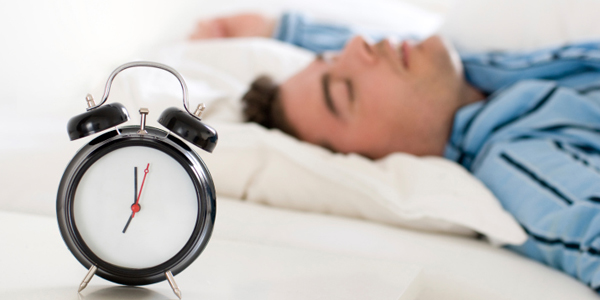
Everyone knows that not getting enough sleep can be detrimental to your health, but not everyone knows that getting too much sleep can be equally harmful. Conventional wisdom and modern medical science both agree that eight hours of sleep per night is ideal. When people sleep less than six hours or more than nine hours they tend to run into problems.
Studies suggest that sleeping for more than nine hours contributes to a 38 percent increase in heart disease risk and a fifty percent increase in diabetes risk. Further, adults who habitually sleep more than an average of nine hours per night have a greater risk of chest pain, coronary artery disease, and obesity. Of course, there is some debate concerning whether or not sleeping too much actually causes these problems, or whether it is a merely a symptom. Regardless, habitual oversleeping is often indicative of a problem.
Excessive sleep is also linked to depression. Here, even more than the above examples, there is a dubious line between correlation and causation. Depression can make it difficult to get out of bed or even function, so naturally depressed individuals will sleep more. However, many studies cite inactivity and a lack of sunlight as contributing factors to depression. If you know you are susceptible to bouts of depression, and you catch yourself sleeping more than normal, it may be a sign to either readjust your sleep schedule or seek out professional help.
Surprisingly, getting too much sleep may actually make you feel more tired. This is a condition, sometimes known as “sleep drunkenness,” is characterized by an unrelenting grogginess that does not get better as the day goes on, and cannot be fixed by more sleep. This perpetual grogginess occurs because spending too much time in bed can confuse a person’s internal sleep mechanism and leave them in limbo between sleep and wakefulness. The best way to break this cycle is to force yourself to get out of bed early to reset the body’s natural clock.
Oversleeping is not quite as dangerous as getting too little sleep, and it likely will not pose any immediate health problems. However, too much sleep is often a sign of a larger problem: either an underlying medical issue or the inability to get a good night’s rest. If you are an adult who regularly sleeps more than nine or ten hours a night, and you still feel tired, it would be wise to investigate the cause of your excessive sleep.
By: Ryan Curtin








